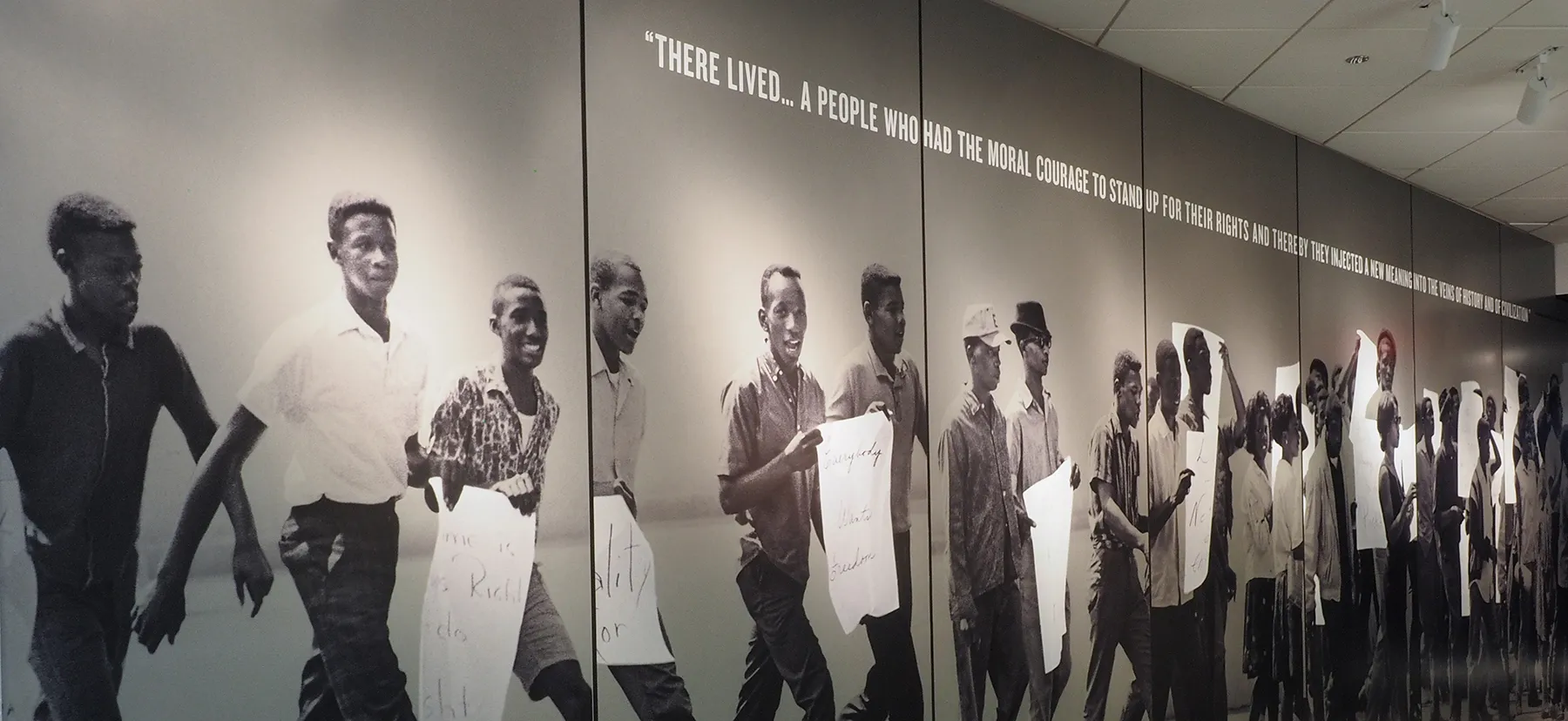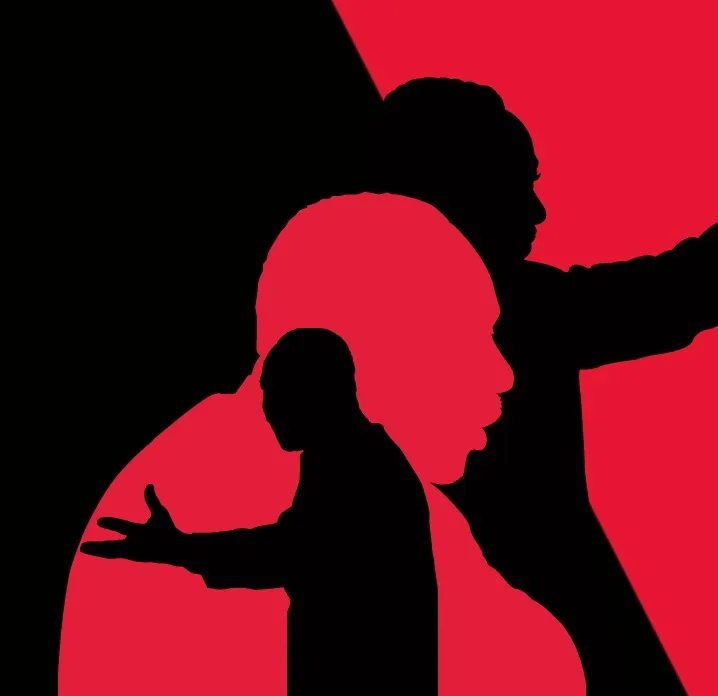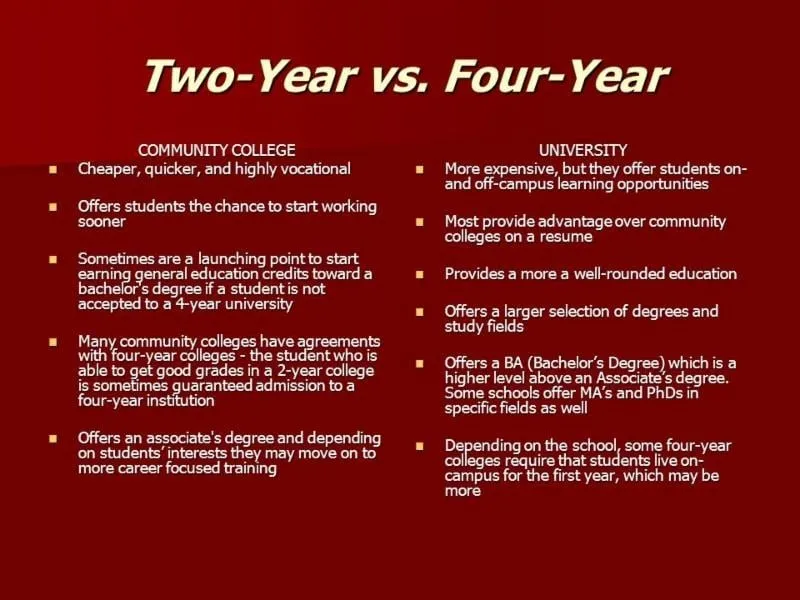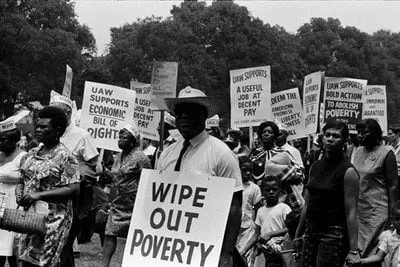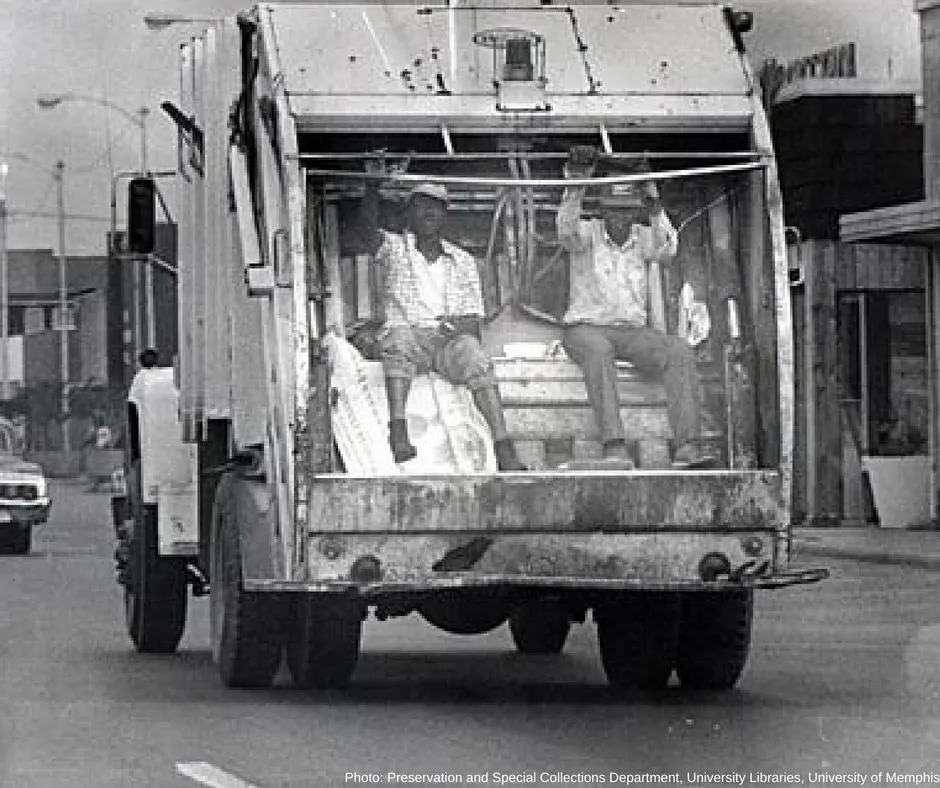One of the most important components in the fight for civil rights was the fight for equal opportunity. This opportunity came in the form of better jobs and higher wages for people of color.
Because of racial discrimination – in the form of segregated schools, denial of loans, and lack of resources to become educated and trained, to name a few reasons – many African Americans were unable to have steady careers. Even if they did have access to education and job training, African Americans were often subject to an employers’ racial biases or understandings, which limited their growth and upward mobility in a profession.
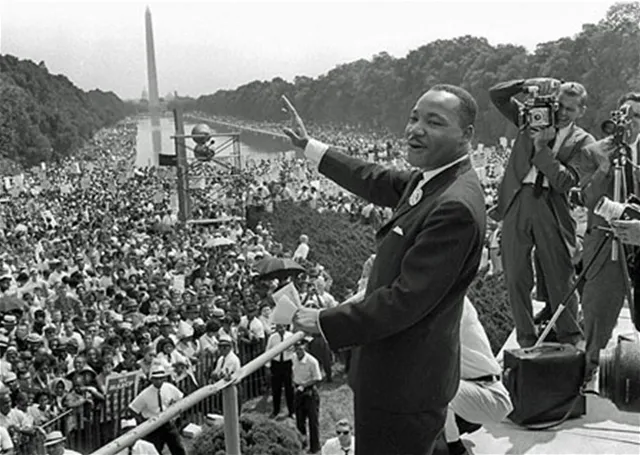
MLK Jr. addresses a crowd
Taking A Stand
One of the most notable moments of the Civil Rights Movement was the March on Washington for Jobs and Freedom. Known for Dr. King’s famed “I Have A Dream” speech, the March on Washington was primarily a march against the economic injustices African Americans faced. In the speech, Dr. King proclaimed,
“In a sense we’ve come to our nation’s Capital to cash a check. When the architects of our republic wrote the magnificent words of the Constitution and the Declaration of Independence, they were signing a promissory note to which every American was to fall heir. This note was a promise that all men, yes, black men as well as white men, would be guaranteed the unalienable rights of life, liberty, and the pursuit of happiness.”
“It is obvious today that America has defaulted on this promissory note insofar as her citizens of color are concerned. Instead of honoring this sacred obligation, America has given the Negro people a bad check; a check which has come back marked ‘insufficient funds.’”
“But we refuse to believe that the bank of justice is bankrupt. We refuse to believe that there are insufficient funds in the great vaults of opportunity of this nation. So we have come to cash this check – a check that will give us upon demand the riches of freedom and the security of justice.”
The platform of better jobs and wages was integral to Dr. King’s overall message of equality and fairness for all. Unlike some goals of the Civil Rights Movement, higher wages and a better employment rate were sold numbers, which could be measured and tracked over time. The inconsistencies in the number of fair jobs available to whites versus African Americans were clear and undeniable.
Additionally, Dr. King felt that good jobs and decent income went hand-in-hand; at least one of the two had to exist in a person’s life. If a person was unable to get a job, due to discrimination or lack of opportunity in the private sector, the public sphere had the duty to create jobs in our government. Conversely, if someone already had a job, it was their right to receive appropriate compensation for their work.
I Am A Man
Even until his death, Dr. King prioritized the working conditions of African Americans. During his trip to Memphis, which resulted in his assassination, Dr. King had come to town to support fair wages and union representation for the Memphis sanitation workers. The workers, remembered for their iconic “I Am A Man” signs, demonstrated that proper wages and treatment were basic human rights.
In his final “Mountaintop” speech, Dr. King had encouraging words for the sanitation workers, saying:
“And that’s all this whole thing is about. We aren’t engaged in any negative protest and in any negative arguments with anybody. We are saying that we are determined to be men. We are determined to be people. We are saying – We are saying that we are God’s children. And that we are God’s children, we don’t have to live like we are forced to live.”
Since his final speech in Memphis, Dr. King’s legacy for better jobs and wages has had a lasting impact. Although there is much more work to be done in closing the economic gaps and increasing opportunities for all Americans, Dr. King paved the path in taking these important conversations to a national audience.
